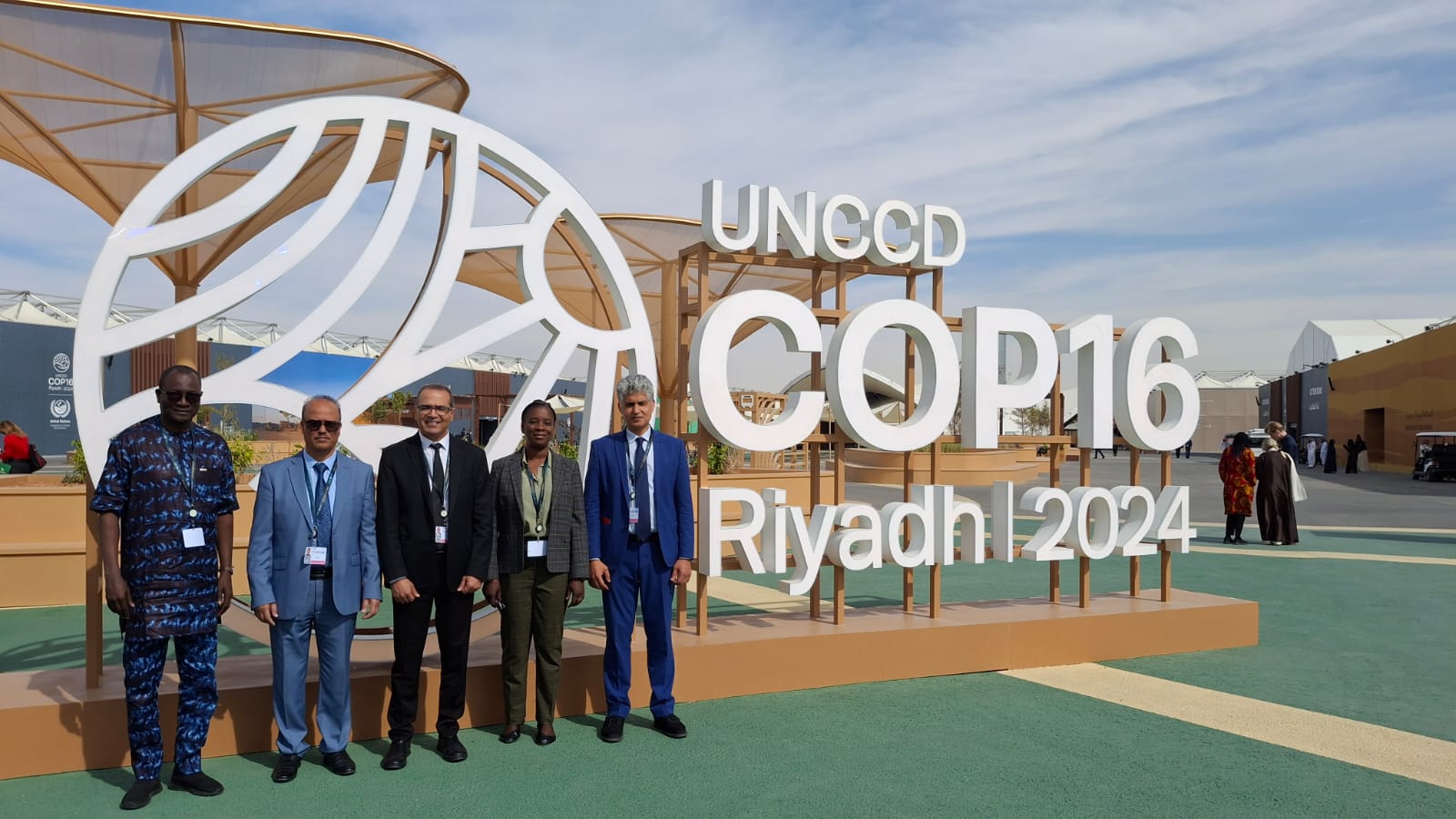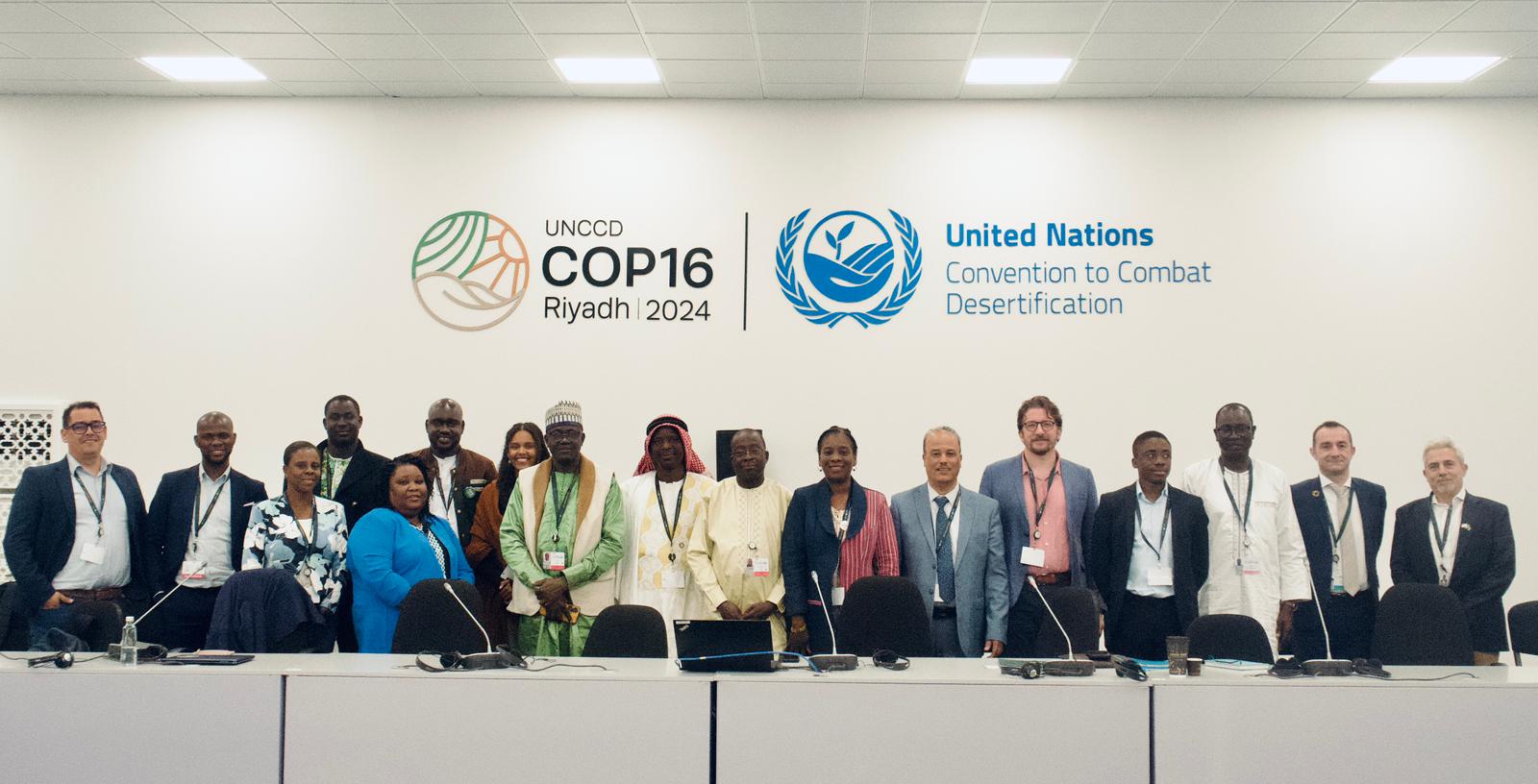27th Session of the OSS Strategic Orientation Committee, Tunis, January 28, 2025
Held on January 28, 2025 in Tunis, the 27th session of the Strategic Orientation…










The Coordination Unit of the North Western Sahara Aquifer System Consultation Mechanism (NWSAS-CM), organized an advanced training on the use of MISBAR, as a monitoring and supervision tool for irrigated areas, on December 15, 2022 at the headquarters of the Ministry of Water Resources.
The main purpose of this workshop was to have the technical staff of the Ministry of Water Resources and Libyan researchers trained in the use of the MISBAR services, based on practical cases related to an NWSAS context marked by the overexploitation of its scarcely renewable resources and the ever-increasing demand for water.
The session was led by Mr. Mustapha MIMOUNI, Technical Coordinator of the GMES&Africa project at the OSS and made it possible to explain the use of Earth Observation data, through the MISBAR services, for mapping irrigated areas and estimating groundwater withdrawals for agricultural use.
The training was held back-to-back with the national launch workshop, in Libya, of the second phase of the GMES&Africa project "Earth Observation for the Sustainable Management of Water and Natural Resources in North Africa", and is part of the training program initiated for the benefit of water resource managers in the NWSAS trans-boundary basin shared by Algeria, Libya and Tunisia.
The MISBAR (Monitoring Integrated Services for Best Assessment of Natural Resources) platform, developed by the OSS under GMES&Africa - OSS-North Africa Consortium, makes it possible to monitor irrigated areas based on recently obtained high-resolution spatial data. It provides users with decision support tools for better knowledge and management of groundwater and contributes to good governance and spatio-temporal monitoring of the exploitation of these resources.
GMES&Africa is an end-user driven program that aims to support decision-making in the sustainable management of natural resources through products and services based on Earth Observation data and techniques.
The North Western Sahara Aquifer System (NWSAS) extends over more than one million km² shared by Algeria, Libya and Tunisia. Its almost fossil water reserves amount to approximately 60,000 billion m3, of which only 1 billion m3 are renewable resources. Promoting the sustainable management of the groundwater resources is a true challenge for sustainable development in the three countries that are one of the most fragile regions of the African continent.
Held on January 28, 2025 in Tunis, the 27th session of the Strategic Orientation…

The participation of the Sahara and Sahel…

OSS Side Event at COP16: Strengthening Resilience in the Sahel through Multi-…